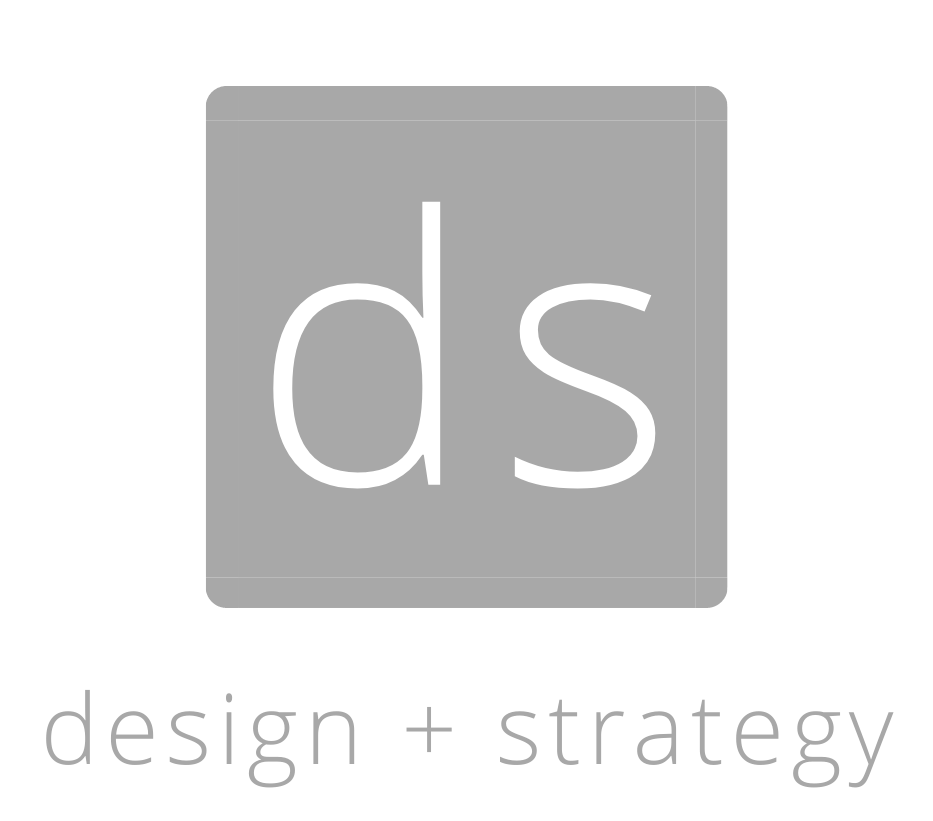information asymmetry in action
How I built this: Podcast with Rich Barton - founder Expedia & Zillow
Their story & the leadership decisions
This is a podcast conversation with Rich Barton. Rich is an entrepreneur who has always been fascinated with the idea of information asymmetry. James A. Mirrlees and William Vickrey won the Nobel prize for contributing to the economic theory of incentives under information asymmetry. This term indicates an economic advantage one party has over another due to a lack of correct information flow. All of Rich Bartons' companies have been founded on this principle. Expedia was founded because travel agents had more information than the consumer without any transparency.
Similarly, for Zillow, real estate agents were only aware of the current value of a specific property. Finally, Glassdoor was created because salary and work culture for organizations were kept a secret. This podcast is the story of two out of those two out of three startups by Rich Barton - Expedia & Zillow.
Uniqueness, business model, and the secret sauce
As mentioned, Rich Barton realized that real estate agents always have the upper hand while selling homes. For any business, sellers always have the upper hand, according to him. This made him very uncomfortable. Moreover, he realized people buying homes in the US have an emotional value attached. Rich wanted to tap into this and make this emotional journey hassle-free for the user.
During their early ideation sessions, they could not develop what the core value proposition can be for the users. They mashed up stock value and housing and created a stock chart for houses. This stock chart gives the current given value of all the residential homes in the states. That was the first step to eliminating information asymmetry in this real estate market. I particularly liked how they mashed up two disparate elements to create something new.
Similarly, with the case of Expedia, and this is the early internet era - the information was only available to travel agents. The only way to go ahead and book a flight ticket was to call the travel agent. Which is a long and arduous route, especially when you want to make this a quick process. The idea for Expedia started much before when Rich was working in Microsoft. One of the products Microsoft made was a Travel guide on CD ROM. It did not actually save any purpose because it was not portable. Computers weighed at least 20 pounds, and the lightest one was by COMPAQ. So Rich wanted to create a real-time information exchange on both a travel guide and a travel agent interface for all users.
After pitching the idea to Bill Gates - Expedia was launched within Microsoft, which spun out into a public company later in 1999. Then it was still an early era for users to book travel online. He mentions that one does not have to look too long into the future to make new ideas happen - but just right enough to understand that there may be a need. I like this insight when it comes to designing for the future. We spend a lot of energy thinking 20-40 years into the future and complicating the user need - but right enough, depending on the current scenario is excellent.
Big idea & the prototype
Coming back to the Zillow story, Rich mentions that in 2004 there was not a single place I could check homes online. The initial plan for Zillow was to build a real online estate market. Shopping for houses is entertainment because people dream during this time. All he wanted was to capture their dreams and amplify the process digitally.
One of the first prototypes for Zillow was a very scrappy 'Open House'. They asked a real estate agent to partner and put up the house on sale on their platform. The real estate agent was kind enough to oblige. However, drawing traffic to the website was tough. The CEO and CTO went to the local mall and handed out flyers to everyone to come for the open house. Leaflets were also stuck on the window panes of cars in the parking lot. Only when they went on the ground, they realize how tough it is to sell homes and respect the job of a real estate agent. Though they could not sell the house online - they learned a great deal about understanding from the consumer, meeting them in public places and starting now and a scrappy prototype with minimum costs in collaboration with a real estate agent.
Later they also released a free beta for the public. This helped them fix the margin of error, and they refined their product in real-time. The business models for Zillow were made later after many iterations, but what helped them succeed was the 'Start now' mindset. This is excellent personal learning for me, and I would like to incorporate it into my current work and projects.
Another focus area was selecting the brand name. For naming two tips were shared. First, start with a high point Scrabble letter, and second make a made-up word. That is how 'Zillow' happened. This adds the fun aspect to the naming, and the retention amongst customers is pretty high.
Another learning has been hanging the partners with care. The purpose of building Zillow was to not replace the real estate agents but to aid them through this process. Hence managing relationships became a key to growing Zillow.
For most businesses, COVID-19 has pushed the digital transformation of their products. It is imperative to think digital for a long-term strategic business. All the above learnings are something that I would like to incorporate while prototyping as well as building a marketing plan. These two podcasts have not only inspired but have pushed me to read up more about how various founders approach things differently for different products.
